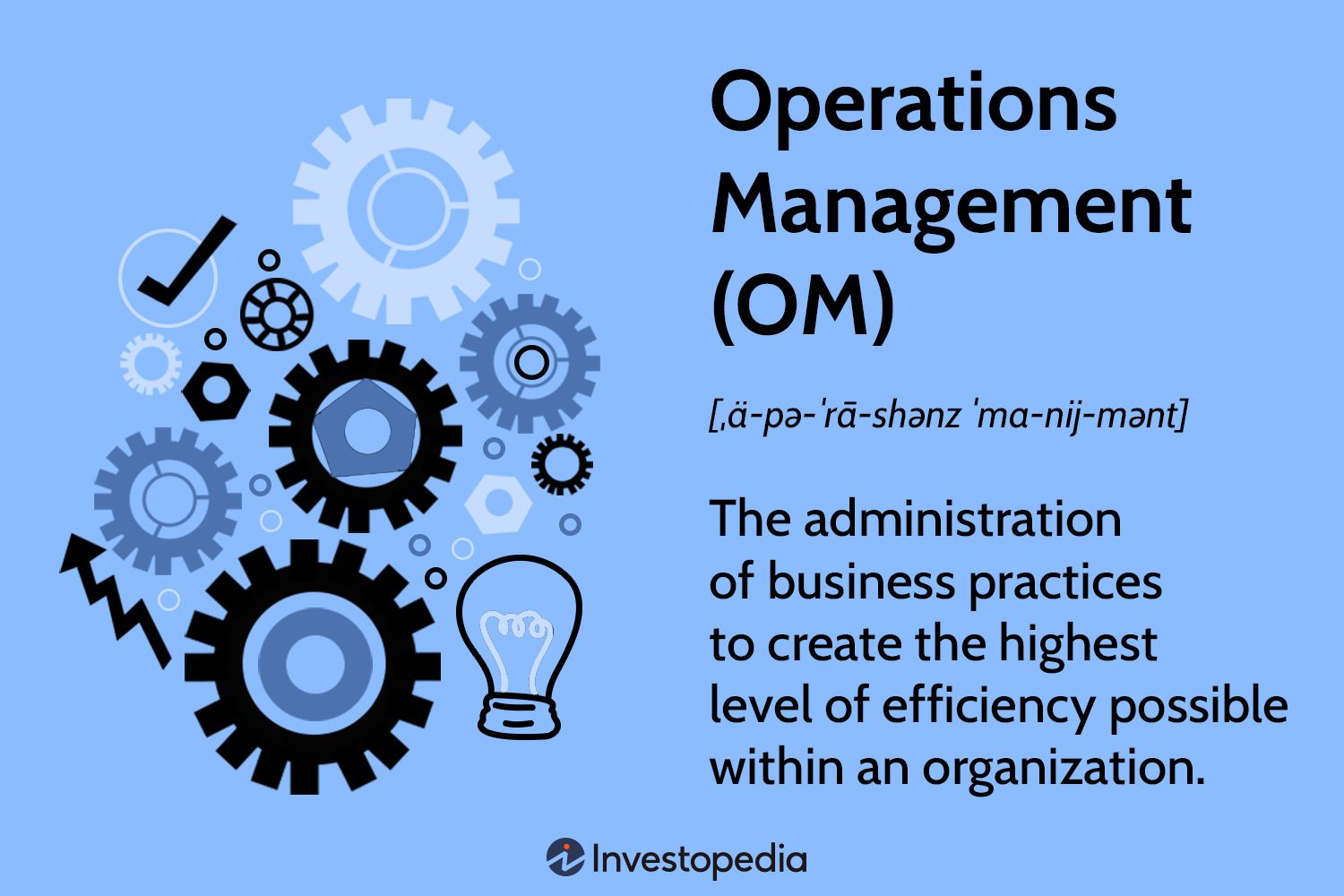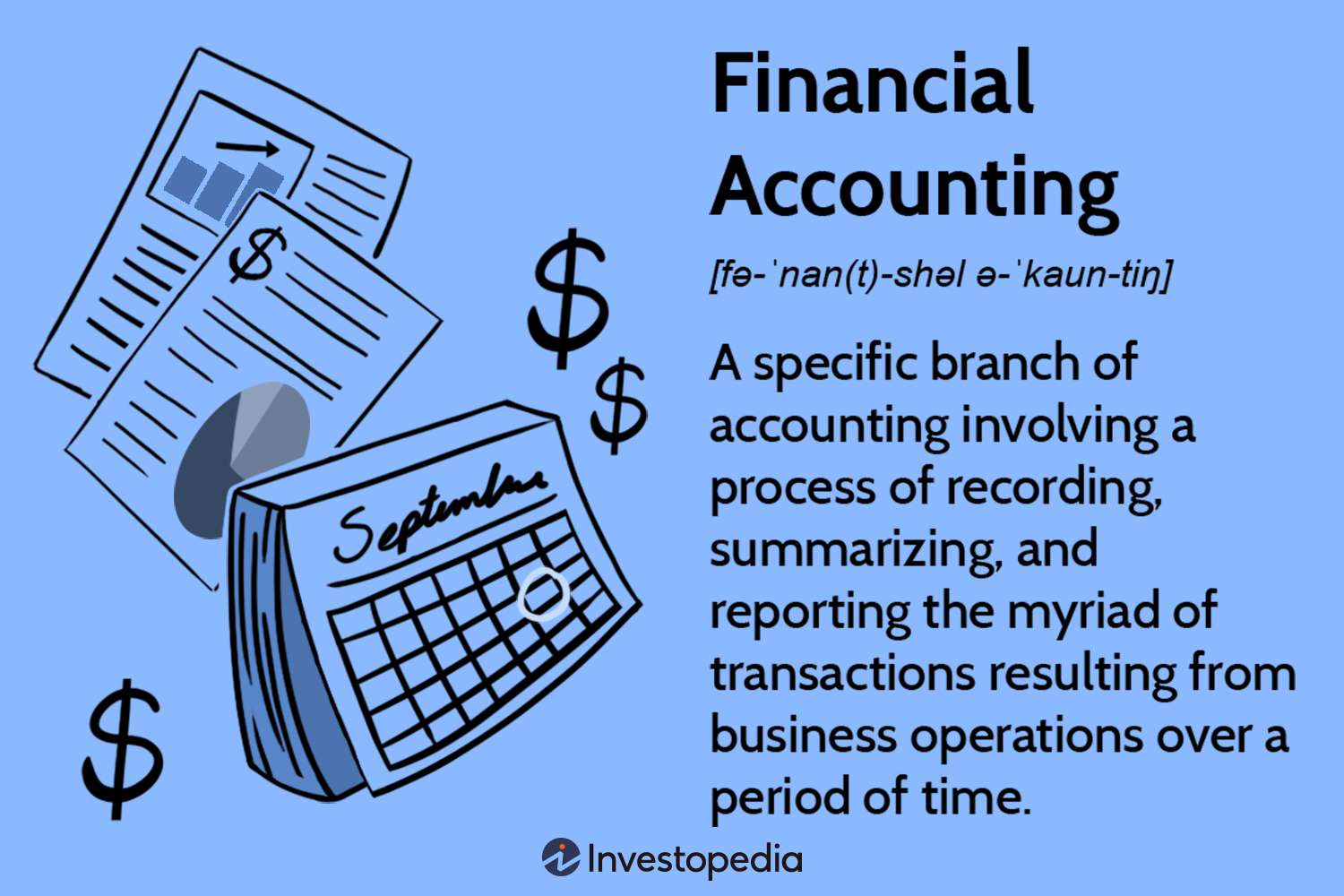Course Details:
The Business Administration program provides students with a comprehensive understanding of the principles and practices
that drive successful businesses in today's dynamic and competitive global market. This program equips students with a
broad range of knowledge and skills necessary for various roles in the business world, including management, marketing,
finance, human resources, and entrepreneurship.
Throughout the program, students gain a solid foundation in core business disciplines, such as accounting, economics,
business law, and organizational behavior. They develop critical thinking and problem-solving abilities, strategic
planning skills, and effective communication and teamwork skills. The curriculum also emphasizes the development of
ethical decision-making and leadership capabilities, preparing students to navigate complex business environments with
integrity and professionalism.
The Business Administration program offers a diverse range of courses tailored to meet the evolving needs of the
business landscape. Students have the opportunity to specialize in specific areas of interest, such as marketing,
finance, human resources, or international business, through elective courses and concentration options. These
specializations allow students to delve deeper into their chosen field and develop expertise in their area of passion.
Throughout their studies, students engage in practical learning experiences, including case studies, group projects,
internships, and real-world simulations. These experiences provide valuable hands-on exposure to the business world and
help students apply theoretical concepts to real-life business scenarios. Students also benefit from networking
opportunities, guest lectures by industry professionals, and access to business resources and tools.
Upon graduation, Business Administration graduates are well-equipped to pursue a wide range of career opportunities.
They can work in various industries and sectors, including corporate businesses, government organizations, non-profit
organizations, and entrepreneurial ventures. Graduates may find roles in management, marketing, finance, human
resources, consulting, business development, or start their own businesses.
Furthermore, the program prepares students for further academic pursuits, such as pursuing an MBA or other advanced
business degrees. This opens doors to leadership positions and higher-level roles within organizations.
Overall, the Business Administration program provides a solid foundation for individuals seeking a successful career in
the business world. With its comprehensive curriculum, practical learning experiences, and emphasis on professional
development, graduates are equipped with the skills and knowledge to thrive in today's dynamic and competitive business
environment.












